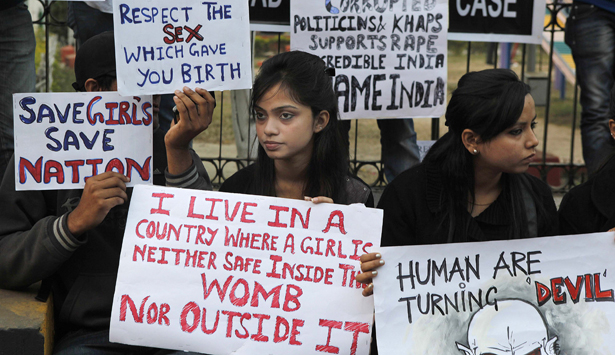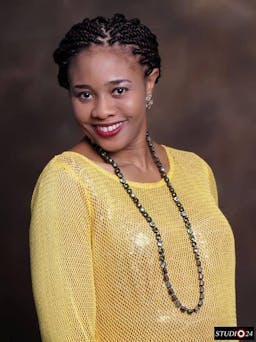ARE WOMEN HUMAN?' - A pregnant question that needs actionable answers
Sep 14, 2021
Story

'Are women human?' is a recent essay I was made to academically write on in order to critic the work of Catherine Mackinnon. A passionate feminist who speaks about the origin of why women are relegated. The reasons that make women's rights one of the most fought-for causes of the 21st century. As you read my short paper, take time to answer this question in your own view.
"This paper will critically assess Catherine Mackinnon's rhetoric, ‘Are women human?’ It further examines the author's views on women in humanity and the definition of their rights in cultural and socio-economic co-existence with men. Analysis of how heterosexuality affirms a particular gender identity for women and men will be highlighted.
The essay aims to examine the opinion that the unequal rights of women hail from the binary coding of human anatomy and the cultural dichotomy of the male/female gender. These assessments will lead to a comparison in the state of women’s rights in Nigeria.
In conclusion, the author will establish their stance on how women’s rights need inclusion with the help of state parties. Urging an end to heterosexual identification and marginalizing of women.
The feminist authors between the early 1980s into the later 1990s held the opinion that international human rights law (IHRL) was set aside to center on men as the supreme category.
Bunch 1983, Charlesworth and Wright opine that the essence of male-female binary coding has created a cultural dichotomy, which relegates women to the background. Cultural definition according to them, creates the term heterosexism, gender identities, patriarchal leadership, and hegemonic masculinity.
Terms that stage androcentric (the act of masculine domination) as the ideal, thereby tendering unequal rights to women who are seen as home and baby-makers.
The assertion pilots the genesis of the Convention on the Elimination of all Forms of Discrimination against Women(CEDAW) adopted in 1979 at the UN Assembly. Their mission is to fight against the marginalization of women in the IHRL. The body under Article 3 prioritizes;
“...development and advancement of women... guaranteeing them the exercise and enjoyment of human rights...on a basis of equality with men.”
CEDAW's survey identifies how state parties play a limited part in litigating offenses meted on women. In the case of Martha & Patrice v. Georgia, a plaintiff issues a claim against the state of Georgia and their unwillingness to place judgment upon the offender, a perpetual batterer. This forced the plaintiff to move the case with the help of CEDAW until it was found admissible and justice served.
It is not peculiar to Nigeria, however, the influence of religion and cultural definition has more women living in sub-categorical positions. The northern region where Sharia law prevails provides that; the man is “qawwamun” arguably meaning the man dominates the woman. These are provisions that strengthen the superiority of men while dampening women's and girls’ rights to live freely and participate.
For instance, the case of the Chibok girls, Dapchi Schoolgirls, Leah Shuaibu, and many others say it all. In recent reports, Lagos state, Nigeria said they handled over 10,000 domestic violence cases in two years; nothing concerning sentence to the offender was stated. The penalty for violence against women is trivialized; an inhumane approach to the plight of women in society.
Therefore, the author’s work is an advanced criticism of the heterosexual definition and its limitations on women in all spheres. The study pegs on the need for domestic laws to entrench justice for women. Protect and support their rights and redefine gender equality privately and publicly. "
This writing is exposing how years of bio-physical differentiation have affected the respect, protection, and support for women. More needs to be done. More can be done if the domestic laws especially in Africa and the Middle-East avoid allowing culture and religion to define who a woman is and how far she can go. It is time for actionable commitment to women in the area of gender equality. More bodies like CEDAW need to continuously rise up to the rescue of women and girls living in fear and suppression globally.
To answer the question; yes, women are human, they are powerful, and their impact is almost threatening which is why every woman must represent their fellow woman in any realm of leadership. The woman qua woman support must be profound as this will create a long line of women who will cause economic and political change for the world to come. A world where women will represent all without their anatomy, sexual orientation, or personal choices being questioned because what they represent is women with a purposeful mission to care for all. In short, they are all for one and one for all.
This article was written in response to being a FEATURED STORYTELLER/ ENCOURAGER




